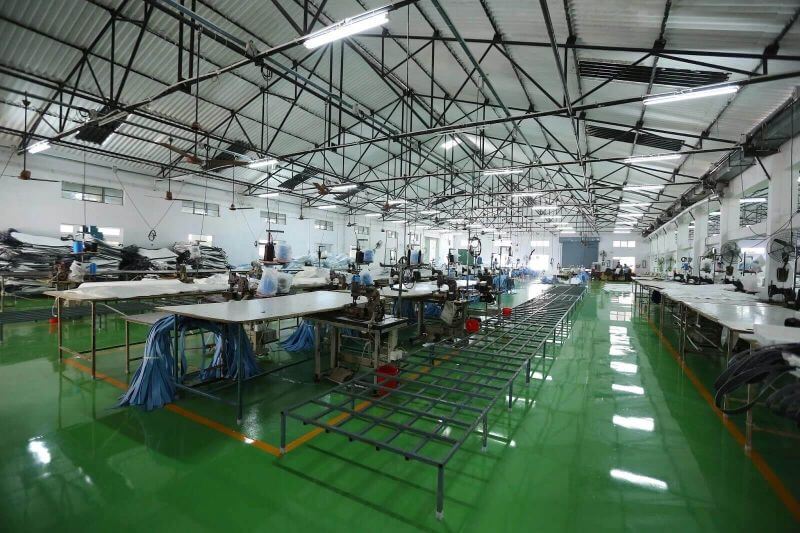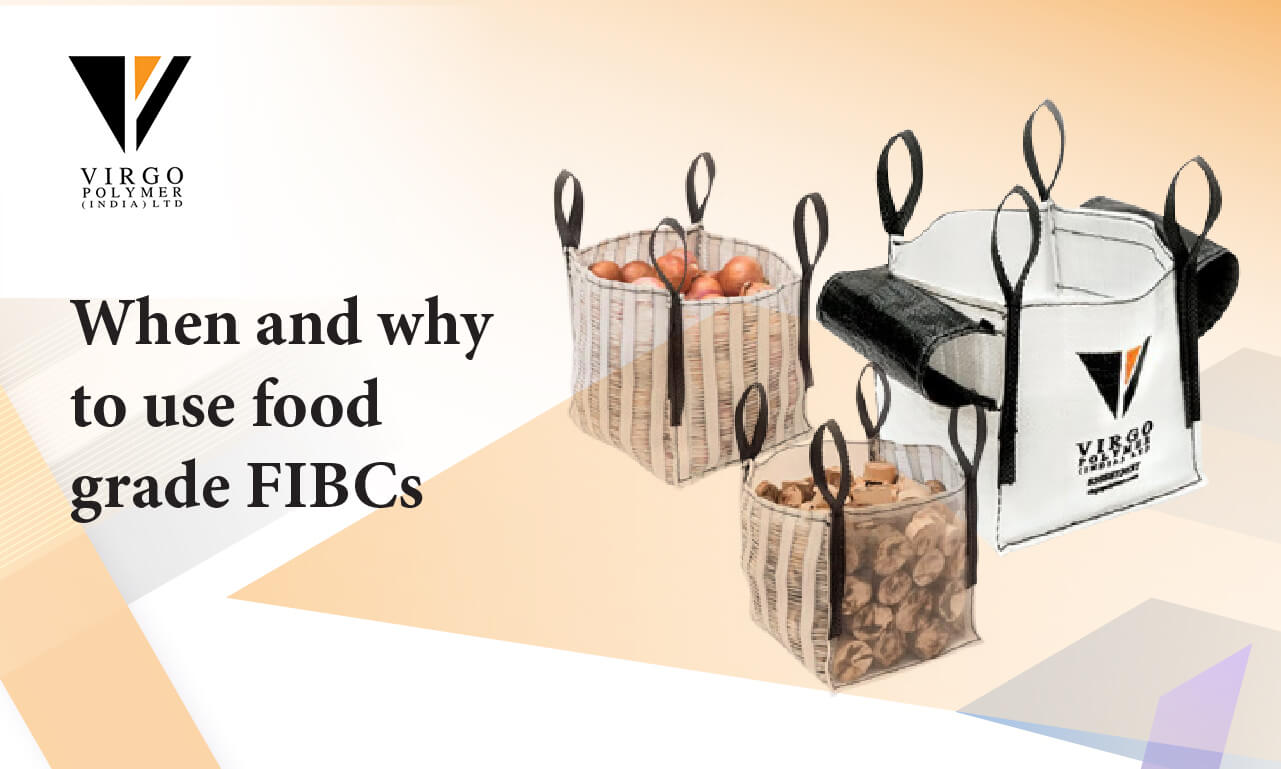



According to a report from Businesswire, the global flexible intermediate bulk container (FIBC) market grew at a CAGR of around 6% during 2014-2019.
These large, cubic, bendable bulk bags are used to store dry, granular and semi-liquid products, both toxic, non-toxic and free-flowing products, such as chemicals, petrochemicals, pharmaceuticals, rubber and agriculture and food products.
Agriculture product manufacturers are increasingly using FIBCs to handle grains, rice, potatoes, and cereals.
These FIBCs are designed to suit the safety requirements of the food industry. They need to be manufactured adhering to strict norms regarding manufacturing and quality assurance tests before they are deemed fit for storing and transporting food grade substances.
Food-grade FIBC bags are manufactured using virgin polypropylene resins, which helps prevent spoilage of perishable goods.
Food grade FIBC bags need to be moisture-proof, odour-proof and mold-resistant. They also need to be puncture-resistant as this is vital for the transport of food material. So here is a checklist of what to look for in an FIBC bag
Food grade FIBC bags are manufactured using 100% virgin polypropylene resin, which is free from recycled material that has the propensity to contaminate food. The resin also makes these bags more durable in terms of storage and transport.
Look out for a certification of quality by reputed third-party agencies. That ensures zero contamination during manufacturing.
If you overload the bags, they can get damaged during transportation and this can result in spoilage, contamination and wastage, so check on the storage capacity.
